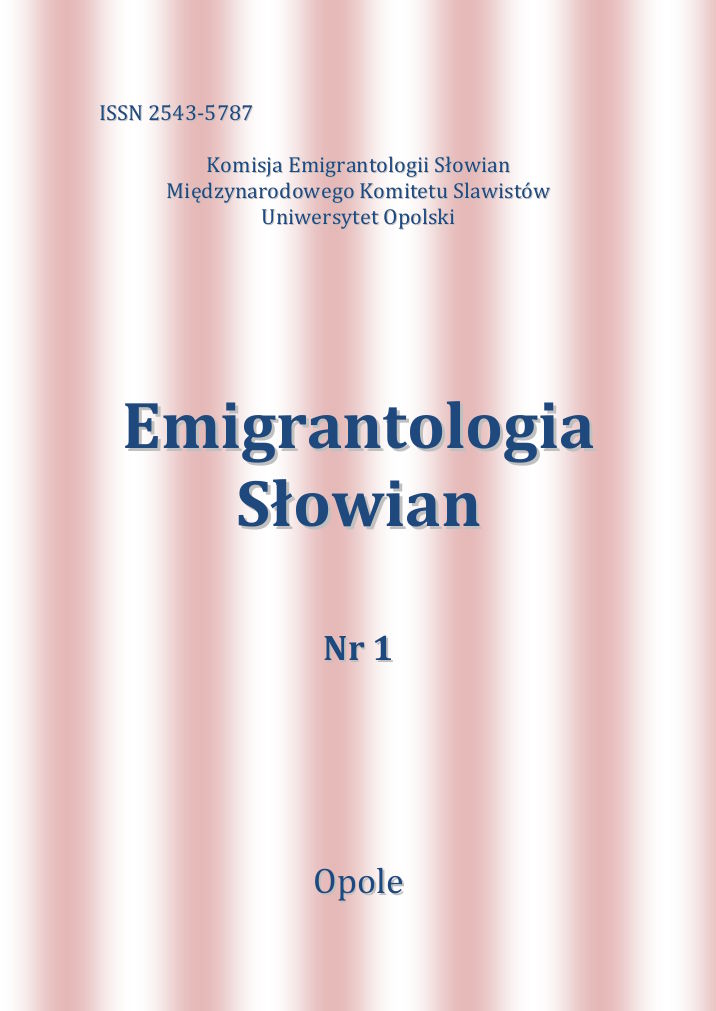
We kindly inform you that, as long as the subject affiliation of our 300.000+ articles is in progress, you might get unsufficient or no results on your third level or second level search. In this case, please broaden your search criteria.

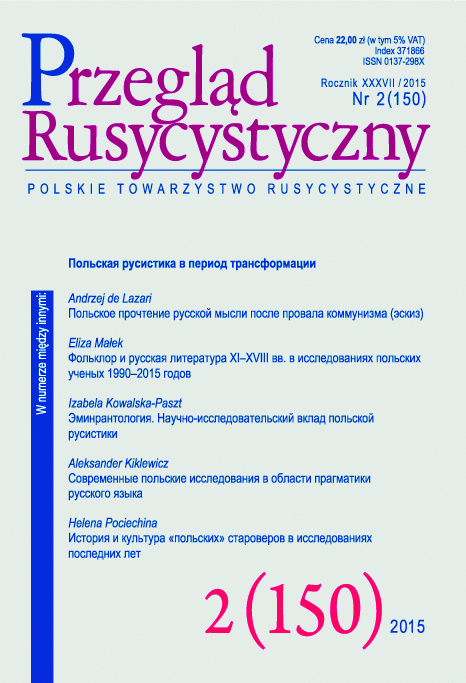
Based on the literary and cultural material, the article discusses two functions played by the term of emigrantology as a legacy of three waves of Russian emigration in the 20th century. The term was introduced by Lucjan Suchanek to the research space of Slavic emigration. It has systematized the area of intellectual and scientific self-reflection (including literary studies, historiography, philosophy and theology, and cultural studies), which developed in the community of Russian emigration. Additionally, the term provides modelling of the need for interdisciplinary and in the nearest future trans-disciplinary studies on the complex cultural phenomenon of Slavic emigrations. In this particular context, the article presents major research directions and achievements of Russian studies in Poland.
More...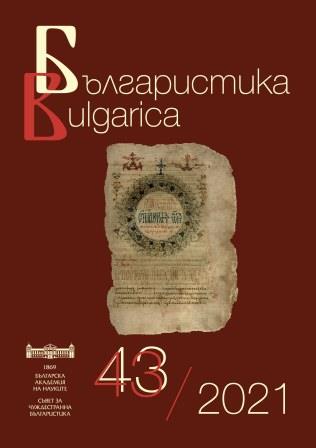
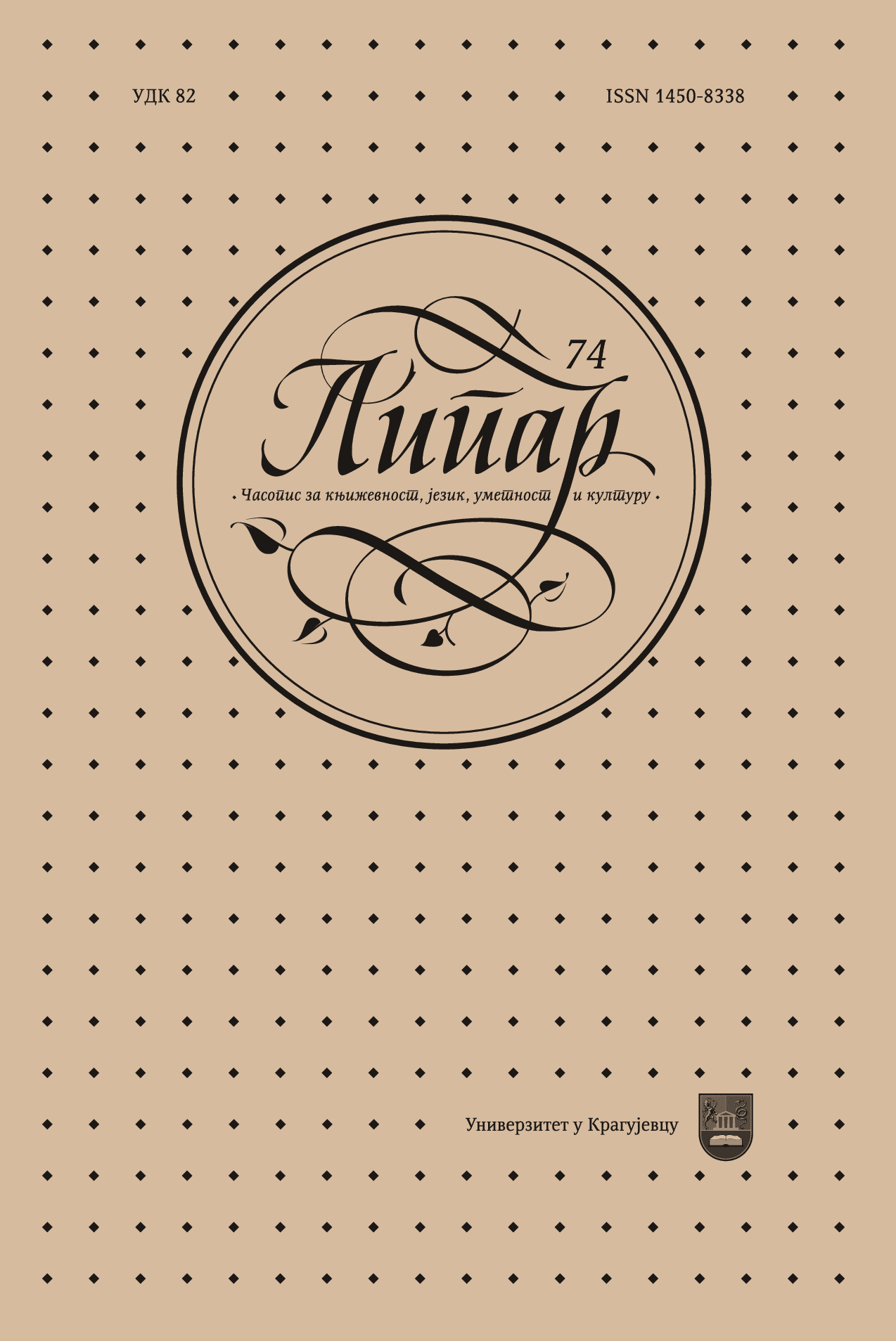
In this paper, the motif of wedding in the novel Nečista krv (Impure Blood), by Borisav Stanković is analysed from the viewpoint of erotological theory of George Bataille. The wedding is observed as a celebration resulting in psychoerotic release of the individual. The erotica manifested here has a key role in profiling two different cultures, the urban culture and the rural culture, personified in the Effendi Mita’s and Gazda Marko’s families. By comparing the urban and rural weddings, distinctive erotic features of the two cultures are perceived, as well as differences in character and aim of the celebration.
More...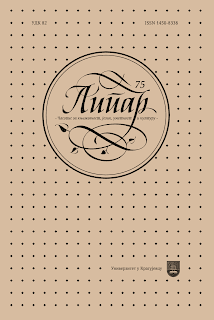
La place et le rôle de Paris et de Berlin en tant que capitales de deux pays importants de l’Europe, mais aussi en tant que capitales des événements culturels dans la première moitié du XXe siècle, et en particulier entre les deux guerres mon- diales, peuvent être étudiés sous différents aspects. Leur énergie créatrice et la forte influence culturelle qu’ils avaient sur le reste du monde sont incontestables, même avant et après cette période. Dans cet article, nous voudrions évoquer les éléments essentiels de leurs activités culturelles, comparer leurs actions culturelles et identi- fier ce qui les a rendus si attrayants pour d’autres pays. Vu les points de départ très différents dans nos relations avec ces pays, le but de cet article est d’analyser leur influence sur la situation culturelle de la Serbie en tant que partie du Royaume de Yougoslavie et plus particulièrement de sa capitale, Belgrade. Alors que la France était un allié traditionnel et un grand ami après la Première Guerre mondiale, l’attitude à l’égard de l’Allemagne a été sensiblement différente et alourdie par les conflits de guerre et les souffrances du peuple serbe. Il est possible de conclure que, dans la période donnée, l’influence culturelle de la France a été dominante, ce pays passant pour un ami à qui certaines omissions pouvaient être pardonnées, tandis que, d’autre part, l’Allemagne a été longtemps considérée avec suspicion, puis une plus grande confiance et une coopération se sont développées, pour être finalement remises en question à la veille d’une nouvelle guerre mondiale.
More...
Uglješa Šajtinac zeigt im Drama Das Banat (2007) das proble- matische Zusammenleben von Donauschwaben (Joseph, Erwin und Magdalena Wolf) und Serben (Dobrivoje, Đuđa, Svetislav) im Banat während des Zweiten Weltkrieges. Im Kontext von historischen Umwälzungen und politischen Konflikten versuchen die Figuren im Drama entweder die alte kollektive Identität zu bewahren oder eine neue zu bilden, und ihre Kohäsion mithilfe verschiedener Kategorien festzulegen: Geschlechts (Geschlechtsidentität), Territoriums (territoriale Identität), Klasse (ge- sellschaftsökonomische Identität), Religion (religiöse Identität), Nation (nationale Identität), sowie Politik (politische Identität) und Kultur (kulturelle Identität). Aus- gehend von der Theorie des britischen Historikers der Soziologie Anthony D. Smith (1939–2016), eines der Begründer der Nationalismusforschung, werden in diesem Aufsatz im Kontext des Chronotopos des besetzten Banats (1941–1945) unter- schiedliche Manifestationen der kollektiven Identität untersucht, mit dem Ziel, die Kohäsionskraft dieser Kategorien aufzuklären. Ergebnisse der Analyse zeigen dass Geschlecht, Territorium, Klasse und Nation nicht einen genügend starken Grad der Kohäsion aufzeigen und die Figuren, die auf diesen Kategorien ihre Identität auf- gebaut haben, könnten sich in den neuen Zeiten nicht erhalten, im Unterschied zu denen, die sich für Politik und Kultur entschieden haben, die die Grenzen der Zeit und des Raums überschreiten und eine stärkere Verbindung unter den Figuren her- stellen. So können Dobrivoje und seine Schwester als Kommunisten im neuen Staat fortleben, während andere Figuren sterben oder das Banat verlassen müssen, um eine neue Heimat in der Weite auszusuchen, in der die kulturellen Elemente wie Kunst (Film und Musik) und Fremdsprachen die Verbindung unter den Menschen sichern, trotz den ethnischen und anderen Unterschieden.
More...
This paper deals with verb forms in the poems The Marriage of Bey Ljubović and Zirka Kajovića from the stylistic and syntactic standpoint. The analysis procedure includes a syntactic indicative, a syntactic relative, qualifier, gnome form, narrative form, and absolute. In addition, referentiality and non-referentiality of verb forms are considered. Bearing in mind that verb forms are most often combined, the stylistic effects of combinations of verb forms are considered. This paper aims to determine the inventory of verb forms and describe their syntactic and stylistic features. The analysis showed that a rich inventory of verb forms could be found in Radovan Bećirović’s poems. Simple Past Tense, Truncated Perfect, imperfect, aorist, and temporally transposed Present Tense denote the past. In both poems, the future is expressed by the future one, and apart from it, in the poem The Marriage of Bey Ljubović, a futuroid is found. The present is realized in a syntactic indicative, and, additionally, it is found as a qualifying, gnomic, and narrative present, of which it is most often used as a narrative. Examples of presentations with modal meanings are not uncommon. In terms of referentiality, present forms in poems denote referential and non-referential actions. The infinitive is found as a complement to modal or phase verbs and is also used in the absolute. The past is realized in the syntactic indicative and the syntactic relative and denotes referential and non-referential actions. The aorist is a high-frequency verb form in the poem The Marriage of Bey Ljubović and is used in most cases as a narrative. The imperfect is realized in syntactic relative and suggests referential and non-referential actions. The Future Simple Tense is found in the syntactic relative, then the absolute, and with modal meanings, i.e., the meaning of intention, commandments, possibilities, etc. While the use of the Future Simple is linked to the heroes’ discourses, the futuroid appears in the narrative discourse. Except in the function of Future Simple, futuroid is found in gnome use. The pre- sent, the aorist, the imperfect, and the truncated perfect are forms whose stylistic features contribute to the topicality, experience, dynamism, and drama of the events being reported.
More...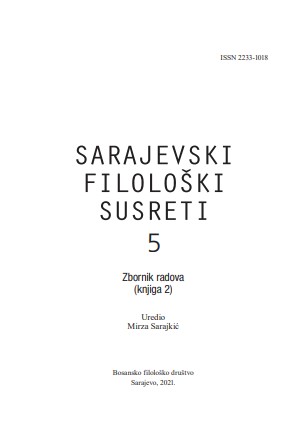
As the fundamental text for the study of artistic and literary avantgardes, Bürger’s Theory of the Avant-garde has been the subject of a wide and diverse critical reception. An especially contentious claim of Bürger’s is the one about the failure of neo-avant-garde art – a claim that cannot be separated from of his category of historical avant-gardes and the claim about the defeat of the pre-war avant-garde movements. Missing the construction of Bürger’s argumentation, different critics have pointed to different post-war artists and artistic movements which, through their work, revitalized avant-garde poetics with more or less success. However, by staying in the same framework of the Euroamerican capitalist West and its artistic system, these counterexamples could not offer a systemic intervention into Bürger’s theory. Due to its specific historical, social, and therefore cultural and artistic trajectory, the experience of Yugoslavia represents one of the possible points of departure for such an intervention. By focusing on existing interpretations of the relation between the Yugoslav avant-garde, neo-avant-garde and post-avant-garde, this article aims to show how the unique relation of the post-war avant-garde towards its tradition can contribute to the critical supplementation of Bürger’s theory and a more nuanced understanding of the possible relations between the neo-avantgarde and the avant-garde. In that sense, this article will try to show how the Yugoslav example is indispensable to a relevant discussion of artistic avantgardes in general.
More...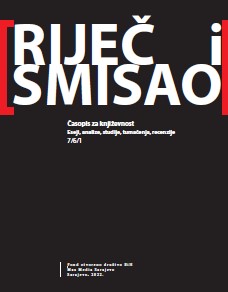
The aim of the paper is to present the subversive role of literature on the example of the Feral Tribune magazine and library. The analysis begins by listing the types of repressive measures the magazine was dealing with in the time of SFRJ and independent state of Croatia which ultimately led to the cancellation of the magazine in 2008. Following the literary procedures in the published texts, the interpretation deals with forms and contexts of literature which are deemed as subversive in the Feral. As examples of the most important art forms in the Feral, the author singles out the columns Bilježnica Robija K. and Greatest shits, shorthand forms of burlesque comedy, provocative aphorisms and travestied forms of poems published in the magazine. Additionally, the paper is also looking into the method in which the publishing venture of the Feral Tribune library subversively influences the social and cultural atmosphere of Croatia and its vicinity. The criteria of the book selection for the library itself and the manner in which the literary discourse of the chosen works was undermining nationalist and clero‑fascist metanarratives are further explained in the final part of the paper.
More...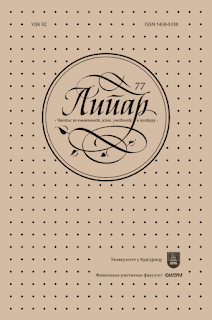
In this paper, we have analysed the authentic testimony of Goli otok prisoner Smilja Filipčev. We interviewed Smilja during multiple encounters from 2011 to 2013. Our second source for this paper was her short book Open Door to Life. Chronicle of a Family. We had chosen Smilja Filipčevʼs testimony because her suffering was a precedent since it had been extended through most of her life. At the time of the Resolution of Informbureau in 1948, all members of the Communist Party of Yugoslavia had to opt for or against the Resolution. On the party meeting, Smilja said that members of the Party should attend the meeting in Bucharest and defend the Partyʼs stance. Those words were her verdict which affected not only her life, but also the life of her entire family. The sufferings of Smilja Filipčev and her family had begun during the Second World War, had its peak during the Resolution of Informbureau 1948 – 1956 and its concentration camps and they even stretched into the period after her internment.Our main hypothesis was that the most loyal Communists who uncompromisingly believed in their idols of the equality and truth were being most heavily punished in the camps for re-education of convicts. We have shown and proved our hypoth- esis with the life experience of Smilja Filipčev and her family. We selected Smilja because her life had been full of sufferings and because she was willing to talk about it – other women victims we had met were not. We had not found the official evidence of torture and maltreatment done by investigators, managers or revised women prisoners in the prisons and camps, and that fact was the main reason for writing this paper. Everything Smilja said during our encounters and interviews and wrote in her book represents an authentic document worth of our attention.
More...
In this paper, the presence of the motif of rebellion is analyzed on the basis of two prose works: Davoka’s story of Jahijel’s rebellion (1953) and The story of the farmer Siman (1969). We establish a connection between the two main charac- ters, Samokovlija’s Jahijel and Andrić’s Siman, to distinguish between two forms of resistance. Jahijel’s rebellion is an ordinary, human revolt, whereas Siman’s is a revolutionary one; Jahijel opposes Jewish customs and tradition, while Siman opposes authority and government. Although the reasons and results of their op- position are different, both are fighting against ingrained social principles that don’t allow a marginalized individual to progress and free himself
More...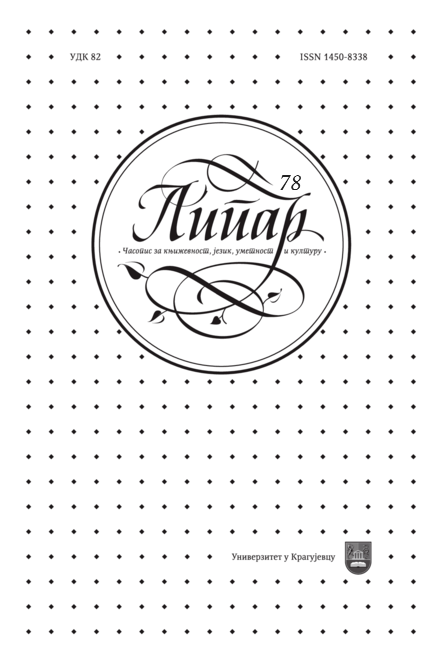
This paper examines the ideological ranges of contemporary stories about Kosovo, as reflections on the social, political, and cultural background in which they arise, as well as the processes of establishing or abandoning the dominant identity matrices, based on the Kosovo myth. As Kosovo is our great story, the constitutive narrative of our national being, but also of Serbian literary-historical consciousness, it proved necessary to shed light on how contemporary Serbian prose reflects this narrative, but also to elucidate the diachronic perspective, which gives ideologies a mythical or symbolic dimension. The five authors and texts I am analyzing are Branislav Janković, “Nightingale the Chicken” (Slavuj-pile), Muharem Bazdulj “From Prizren the tame place” (Iz Prizrena mjesta pitomoga), Dejan Stojiljković, “No cour- age” (Nema hrabrosti), Vesna Kapor “What would you like to remember” (Čega bi voleo da se sećaš) and Ana Radmilović “Kosovo - three hundred miracles” (Kosovo– trista čuda). Among the selected contemporary stories, a range from establishingand empowering to challenging the dominant ideological discourse on Kosovo and its mythology is noticeable. The common intention is to constitute “small” stories by referring to a “private” view of Kosovo resulting from a fragmentation of the world image, and hence deconstruction or rethinking inherited identities based on new policies and ideological constructs represented in our era, which produce internal dissonance in the text itself.
More...
When in the novel Migration by Miloš Crnjanski the idea of the Serbian choice is articulated in one unfinished, interrupted sentence – „You Serbs prefer to choose military work, so ...” (Crnjanski 2008: 25) – an example of this articulation ironically marks the historical role of the nation. it is not possible to make a choice within the socio-political system of the Austrian monarchy that would stabilize the position of the community in the empire, ensure it in an appropriate way. The incompleteness, the interruption of the sentence that formulates the perspective of the Serbian choice, indicates a strong narrative sense of the historical conditioning of identity. The political affirmation of the military identity of Serbs delegitimizes the heroic ethos that is the basis of the Serbian historical being. The ideological use of the Serbian warrior discourse indicates that a modern mechanism of identity regulation is active in the world of the novel Migration. The nation learns about the experience of ontological deprivation to be realized in the dimension of dying in war, which would provide it with historical and metaphysical meaning. Crnjanski’s novel reveals the fundamental difference between an ideologically constructed stereotype of identity and an ontological inversion of historical experience.
More...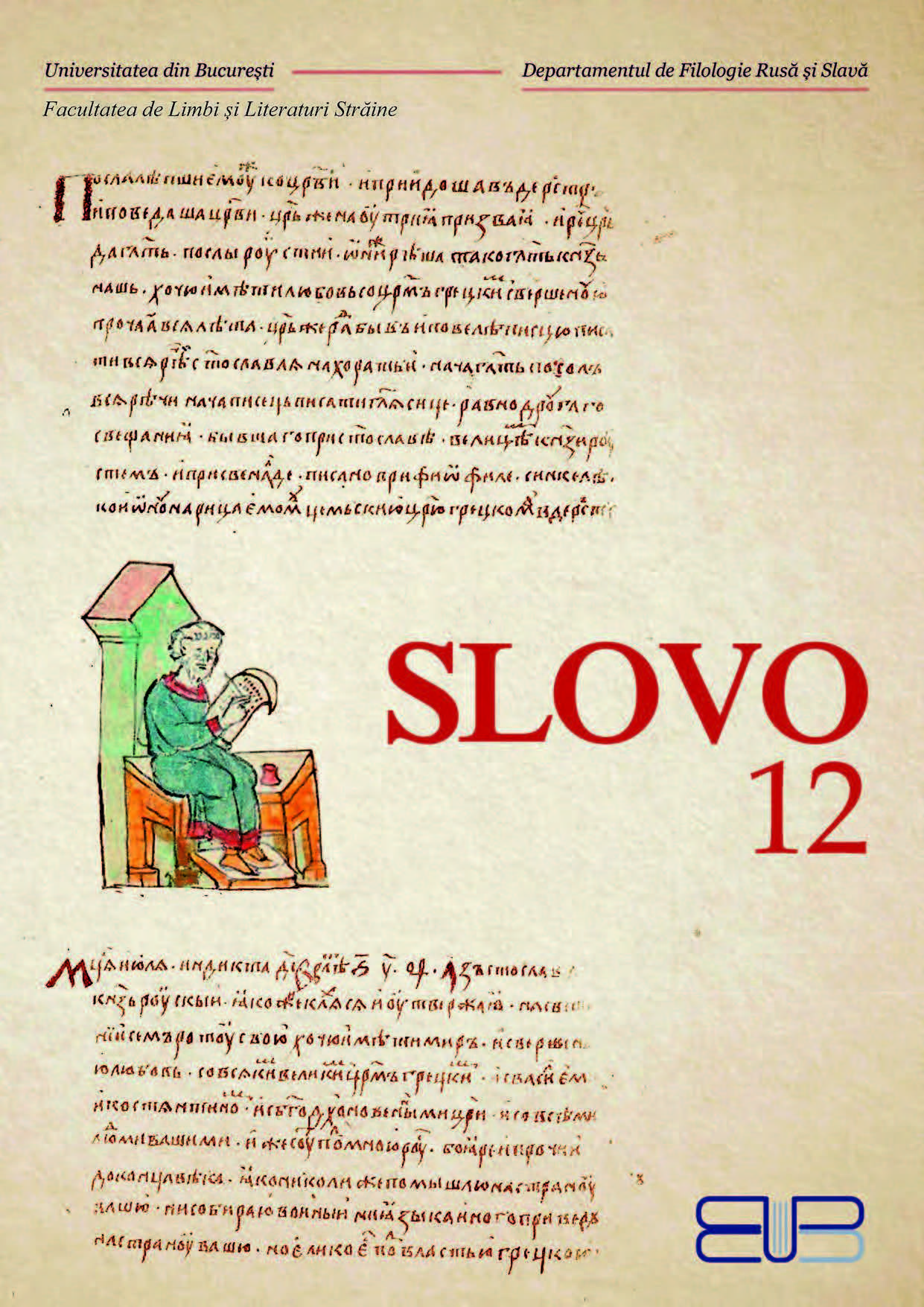
Review of: Camelia Dinu (ed.), Simbolismul în literaturile slave, București, Pro Universitaria, 2020, 263p., ISBN 978-606-26-1233-7
More...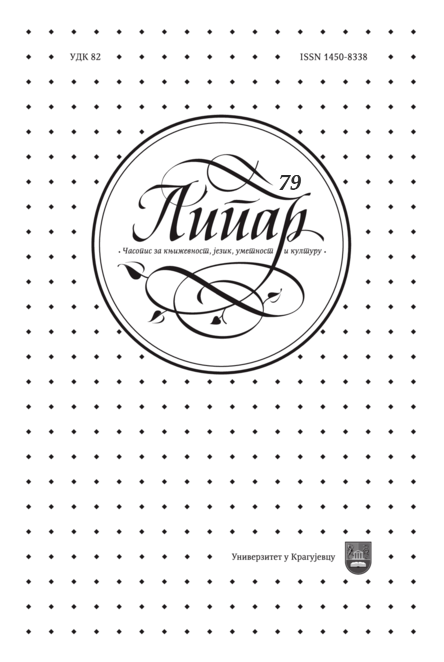
This paper considers the models of transferring other people’s speech in David Albahari’s novel Leeches from the stylistic point of view. The aim of this paper is recording and illuminating the stylistic effects of different types of transmission of other people’s speech. By using analytical-descriptive methods in the novel, the following are recognized: real indirect speech, introduced free indirect speech, frag- mentary indirect speech, basic (grammaticalized) type of direct speech, semi-indirect speech, indirect expressive speech, and direct non-connector speech. In various contexts they depict the conversations of the novel’s characters.
More...
This paper deals with the manner of writing abstracts for the scientific papers published in the journal Lipar. The aim of the paper is to determine which information the authors of abstracts list when writing them and how much their man- ner of writing deviates from the theoretic rules of writing this element of scientific- critical apparatus. For this purpose, we collected a corpus of 50 scientific abstracts whose structure was compared with the model abstract formed by combining models offered in the journal Lipar and in the works we cited. The results of the research were as follows: 1) no example of the so-called all-inclusive model of a scientific abstract;2) a total of 13 models was found; 3) the models subject (corpus) + method + goal + result and subject (corpus) + method + goal proved to be the most common ones in the corpus, but not significantly more common than the remaining models. Based on the listed results, we may conclude that the manner of writing a scientific abstract is far more diversified than the referenced works show.
More...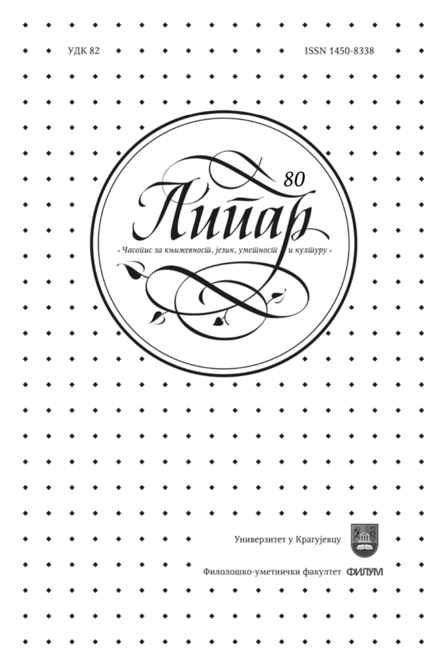
In diesem Beitrag wird versucht ein phraseodidaktisches Lehr- und Lernkonzept zur Vermitt- lung der Phraseologismen anzugeben, die die Komponente Licht / svetlo enthalten. Dabei dient die deutsche Sprache als Ausgangsprache und die serbische Sprache als Zielsprache. Dieser Beitrag soll besonders Germanistikstudenten oder Deutschlernenden auf den Niveaustufen B1 oder B2 hilfreich sein. Das Erlernen der Phraseologismen im Deutschunterricht ist nicht immer einfach, deshalb ist das Ziel dieses Beitrags den Lernenden die Phraseologismen, welche die Komponente Licht / svetlo enthalten näherzubringen. Der Beitrag ist in zwei Teile gegliedert. Aus verschiedenen Wörterbüchern wurden insgesamt 28 Phraseologismen herausgesucht und nach dem Äquivalenzgrad sortiert, um so Unterschiede und Ähnlichkeiten für den Lernenden klar darzustellen. Dieser einheitliche Überblick bildet den ersten Teil der Arbeit. Es wurde die kontrastive Methode verwendet. Der zweite Teil besteht aus den darauffolgenden Übungen, die sowohl Deutschlernenden, aber auch Deutschlehrenden von Hilfe sein können. Die ausgewählten 8 Übungen können im DaF-Unterricht Gebrauch finden, teils aber auch von den Lernenden individuell genutzt werden. Sie dienen zur Rezeption aber fördern auch die Produktion der Phraseologismen.
More...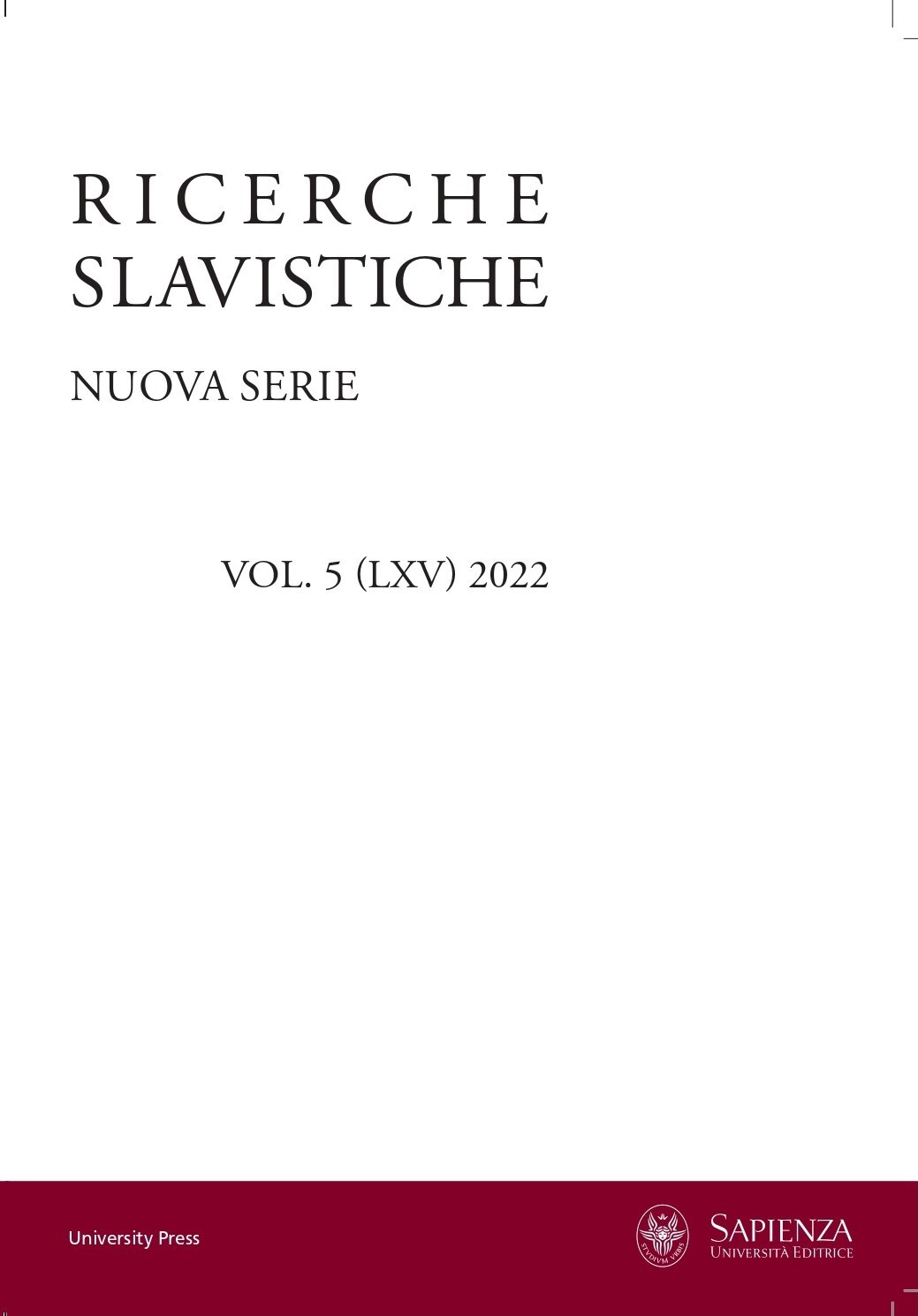
Serbocroatistic contributions have been published on the pages of “Ricerche slavistiche” since 1952, when this academic journal of Slavic Studies was founded by Giovanni Maver at the University of Rome (now Sapienza University). Articles and reviews on various Serbocroatistic topics (that is concerning linguistics, literary history, literary criticism, culture) have been appearing in this journal with such a continuity that they can be included among the most frequent ones.
More...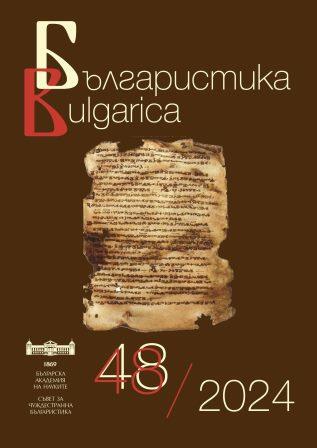
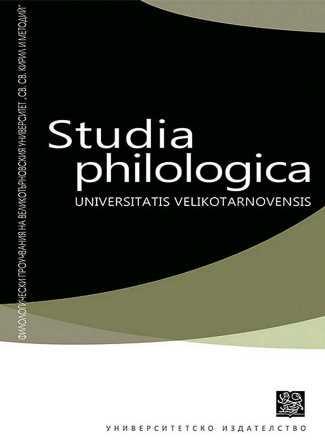
The paper provides an analysis of prominent Slavic gender literary works from the past two decades, with the focus being on the portrayal of marginalized individuals who experience discrimination. It explores how representatives of this marginalized subculture strive for societal acceptance and the challenges they encounter during the journey of recognition and embracing their unique identities. Furthermore, the text investigates the prevailing attitudes toward LGBTQ+ individuals within the Slavic cultural context. Its objective is to identify commonalities in plot structures and conflict scenarios found in these literary works.
More...